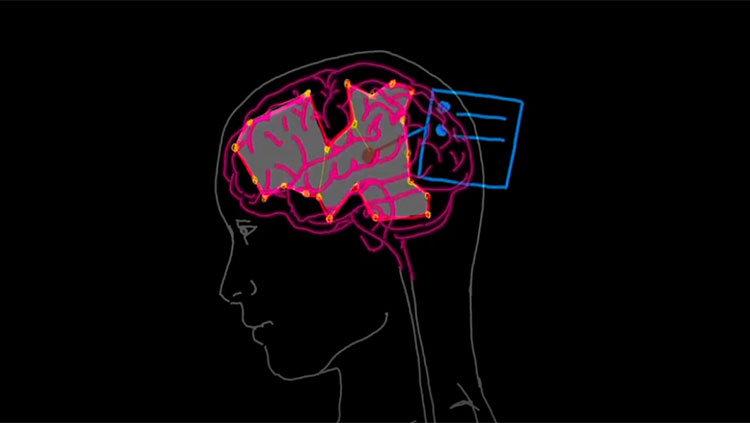Ethical Science: Communication and Commercial Enterprise
- Published1 Apr 2012
- Reviewed1 Apr 2012
- Source BrainFacts/SfN
Neuroethics will draw from the experience of bioethics in handling scientific communication with the media and responsible transfer of knowledge from basic science to profit-driven venture.
The neurobiological basis of social interaction is now an exciting topic of research. While a major goal of such research is the treatment of disabling conditions such as autism spectrum disorders, the knowledge gleaned may also permit us to delve into other kinds of social behavior. Already, it is possible to use brain imaging to observe emotional responses, including such morally freighted responses as negative reactions to members of minority groups within a society. How should we use such information? Will it help us understand prejudice, or could it be used to influence decisions about individuals? It is critical that scientists explain the limitations of current technologies and help formulate policies to minimize the chances of misuse.
A major concern for neuroethicists is the degree to which the media and the public’s fascination with neuroscience can lead to overstatements and inaccuracies in media communication. Early studies have shown that neuroscience information and pictures of brain images lend excessive credibility to scientific statements in the media, which may underscore “neurorealism” — the idea that anything neuroscientific must be definitive and true. The powerful allure of neuroscience may also entice commercialization of neurotechnologies before the risks, benefits, and limitations of the science are fully understood. Neuroethics has a critical role in protecting the integrity of neuroscience by promoting responsible and accurate scientific communication in the media; supporting appropriate oversight of commercialized neurotechnologies, including accurate advertising; and urging proactive communication in the popular media to promote public discussion of ethical, social, and legal issues arising from neuroscience knowledge and technology.
At this stage, the field of neuroethics raises more questions than it answers. It poses challenges to scientists, ethicists, lawyers, policy-makers, and the public as they strive to work through the social implications of new discoveries. The issues are too broad-based to expect that scientists alone will supply the answers. But neuroscientists are well positioned to help shape and contribute to the debate and discussion.
One of the hallmarks of neuroscience has been the drive toward integrating information from disparate fields and specializations to increase knowledge. Sorting through the complex issues captured under the umbrella of neuroethics provides an important opportunity for informed and rich discussions among scientists and with the public. Continuing study of neuroethics will help all segments of society deal with the challenges posed by emerging technologies that investigate the brain and how it works.
CONTENT PROVIDED BY
BrainFacts/SfN
Also In Thinking & Awareness
Trending
Popular articles on BrainFacts.org






.jpg)










